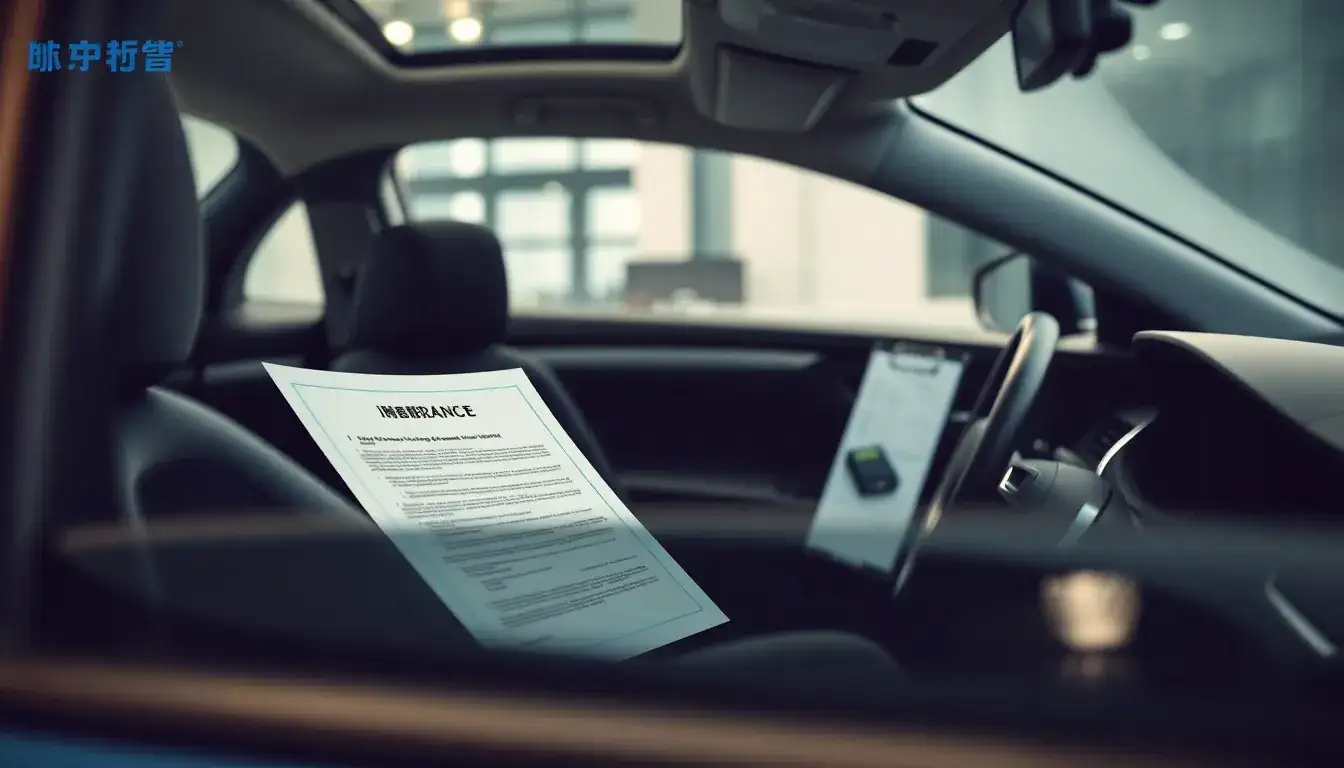
On March 25, the Zhejiang Consumer Rights Protection Committee (referred to as Zhejiang Consumer Protection Committee) released findings regarding consumer experiences and contract evaluations in the new energy vehicle sector. The report highlighted five major contractual pitfalls and three significant sales irregularities affecting 20 prominent domestic and international brands.
The committee reported that in 2024, it received a total of 6,202 complaints related to new energy vehicles across various levels of consumer protection agencies in the province. Among these, 2,677 complaints were linked to automotive sales issues. The main concerns included discrepancies between vehicle configurations and advertisements, delayed vehicle deliveries leading to deposit disputes, return vehicle disputes, and unclear disclosures regarding loan interest rates and processing fees. Additionally, there were 2,566 complaints related to product quality, which primarily involved charging failures, fluctuations in driving range, malfunctions of intelligent assistance systems, and repeated failures of components that required multiple repairs. Lastly, 766 complaints pertained to after-sales service issues, including unreasonable warranty policies, delays in parts supply, and difficulties in ensuring consumer rights when a manufacturer exits the market.
Furthermore, the Zhejiang Consumer Protection Committee conducted evaluations of contracts and consumer experiences across 20 new energy vehicle brands. This included reviewing 20 sales contracts from different brands and covertly visiting 45 4S dealerships in Hangzhou. The findings revealed that half of the automotive brands mandated consumers to purchase the first-year insurance through their 4S dealerships. The investigation found instances where staff from 12 brands and 18 dealerships coerced consumers into buying the first-year car insurance at their locations. For example, a salesperson at a 4S dealership in Hangzhou stated, “You must buy the insurance here for the first year; otherwise, I suggest you go to another store.” In another case, a different dealership confirmed, “We require that the first year must be insured here.”
Some brands also appeared to guide consumers towards financing options for purchasing vehicles. The investigation indicated that staff from 6 brands and 13 dealerships were steering consumers to opt for financing. For instance, a salesperson at a Hangzhou dealership quoted the loan price when discussing vehicle costs and continued to recommend financing by stating, “The loan price is lower,” even after the consumer inquired about paying in full. Another dealership employee remarked, “The full payment price is more expensive, costing 40,000 yuan more than financing,” and mentioned a “performance assessment” related to loan processing.
Additionally, some automobile brands requested extra fees for loan processing or service charges. The investigation found that staff from 3 brands and 4 dealerships indicated that car buyers would need to pay additional processing fees or comprehensive service fees. For example, a salesperson at a Hangzhou dealership stated that an additional 4,000 yuan comprehensive service fee was required, which included extra packages like mats, films, engine oil, trunk mats, and delivery gifts. The salesperson claimed this was a standardized requirement for that brand in Hangzhou, but the investigator found no mention of this in other dealerships. Another salesperson from a different dealership clearly stated that there would be a 2,000 yuan fee for financing.
This report underscores the challenges faced by consumers in the new energy vehicle market, especially regarding transparency and fair practices in sales and financing.







